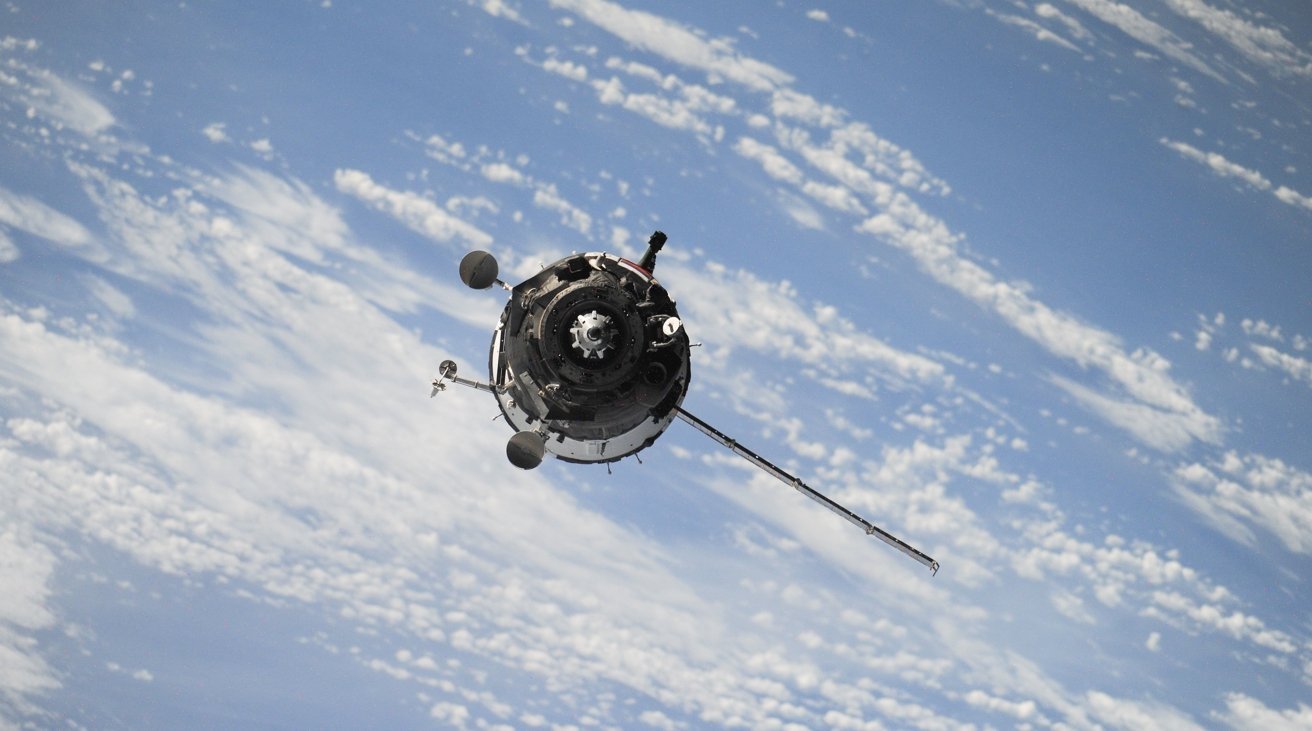Rumors of Apple adding satellite communication support to the iPhone 14 have been bolstered by Ming-Chi Kuo's claim Apple had completed hardware development for the feature in the iPhone 13.
The partnership between SpaceX and T-mobile to bring satellite internet to cellphones rejuvenated rumors that Apple would offer something similar for the iPhone. According to well-connected TF Securities analyst Ming-Chi Kuo, Apple's already worked on the technology to enable it.
In a Medium post by Kuo about the iPhone 14 satellite communication support rumors, Kuo claims to have learned that Apple "had already completed the hardware development of satellite communication in the iPhone 13." This does seem to track with rumors that the iPhone 12 and later models could use the communications technology.
However, Apple didn't implement the feature in the iPhone 13, because it hadn't partnered up with a service provider.
"The lack of support is because the business model had not been negotiated," says Kuo.
The support may still be included in the iPhone 14, with Kuo adding that Apple had completed hardware tests for the feature before mass production. For the iPhone 14, satellite communications will allegedly provide emergency texting and voice services, rather than general service.
The analyst warns the launch of the service depends on "whether Apple and operators can settle on a business model." Ultimately, Kuo admits it's hard to predict when Apple will actually roll out the feature, but adds "I believe it will happen eventually."
Kuo cites MediaTek's demonstration of 5G smartphone hardware being used for satellite communication, as well as Huawei's September 6 media event for the Mate 50 with potential satellite-based emergency texting features, as proof that Apple has to move to offer satellite services to consumers.
As for the satellite communications partner, Kuo believes Globalstar is the most likely candidate. Within the satellite comms market, firms like Globalstar "have the highest entry barriers," which Kuo says should draw the attention of investors.
In April, a report discussing satellite communications potentially being added to the Apple Watch alongside the iPhone mentioned Globalstar as the most likely partner for Apple. Globalstar reached an agreement in February to buy 17 new satellites for "continuous satellite services" for a potential unnamed client believed to be Apple.
The point of adding satellite communications is to eliminate cellular blackspots for iPhone users. In the event of a natural disaster or geopolitical turmoil where masts can be damaged or disabled, satellite communication will continue to work as an emergency lifeline.
Given that Apple doesn't tend to make announcements far ahead of a product or service's introduction, as well as the potential partnership with Globalstar and the hardware testing, Apple's satellite service launch may be a lot more meaningful to consumers than the T-Mobile and SpaceX announcement. If only because it will probably be available to use much sooner.
 Malcolm Owen
Malcolm Owen






-m.jpg)






 Charles Martin
Charles Martin


 Wesley Hilliard
Wesley Hilliard
 Stephen Silver
Stephen Silver
 William Gallagher
William Gallagher

 Marko Zivkovic
Marko Zivkovic








14 Comments
So does the iPhone 13 range have the hardware to enable satellite communications if a ‘business model’ is concluded?
Couldn't find a photo of a SpaceX StarLink satellite? The headline image is of a Russian Soyuz/Progress spacecraft.
Allowing Apple Maps tiles to be loaded via Satellite would be awesome, too.
Boggles my mind that Maps doesn't preload all tiles for a given navigation route.
I suspect that this feature would be one useless very quickly for a (large) natural disaster or geopolitical turmoil as it would be quickly swamped.
This is more isolated cases of remote injury or lost hikers than natural disasters. Sat comms just can’t handle large scale demand.
The most common type of natural disaster we have in my country is severe tropical cyclones and floods. Yes cell towers get blown over. But satellite is not a good alternative because in those circumstances you have lots and lots of heavy cloud cover and wet conditions that degrades satellite comms. My old iridium phone works best in open grassland savannah on cloudless days. In big disasters we quickly bring in lots of mobile networked cell towers as a superior solution.